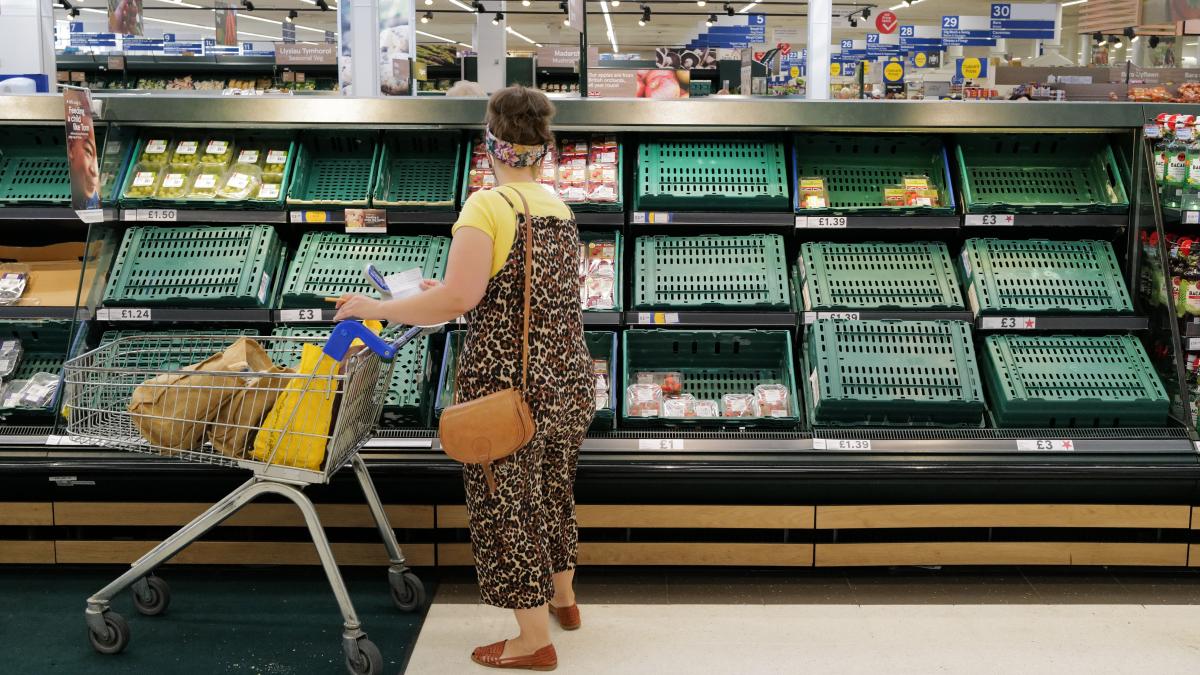With inflation reaching an all-time high in August rising to 3.2% it’s no wonder that families up and down the country are struggling to make ends meet. Add in the upcoming price rises to energy bills, national insurance, and cuts to universal credit families are having to make tough decisions on whether to put food on the table or turn on the heating.
How is rising inflation affecting families?
With seemingly the price of everything rising it’s hard to know what to prioritise when you’re already living on the breadline. Buying groceries, using transport, and consuming energy are part of everyone’s daily life and cannot simply be cut from monthly expenditures.
While there are ways to reduce these costs in the short term, if your monthly income is not rising at the same rate of inflation, which has been the case since before the pandemic, then there will come a point where you simply can’t afford to live comfortably.
October 2021 has been especially hard-hitting as both the energy price cap has risen by an average of £139 per household last month and families receiving universal credit have lost £1040 from their annual income.
Is unemployment adding to slow economic growth?
The data in September 2021 shows a monthly increase of people in employment rising 0.5 percent and unemployment falling 0.4 percent. However, the number of vacancies in September was at a record high of over 1.2 million.
The impacts of Brexit and the pandemic have had a major impact in many sectors including transport, wholesale, and agriculture, as free movement into the country has been made more difficult and with more EU citizens leaving the country than entering its possible vacancies could increase for some time.
Ultimately the combination between inflation and employment is being skewed as the Governments’ furlough scheme ends it is possible to see a rise in unemployment. Add this to the current rise of inflation and the problems in supply chains driving up prices it’s difficult to see how and when our troubles will end.
What can the government do to help?
There are a few ways the government can help control inflation and encourage economic growth.
- They can control inflation through wages and price controls on products which as food and energy but these can lead to a recession and may cause job losses.
- They can also employ a contractionary monetary policy by reducing spending and the supply of money in the economy via lowering bond prices and increasing interest rates.
- They can place reserve requirements on the amount of money banks needs to hold to cover withdrawals. When legally needing to hold more money, they have less to lend to customers thus reducing spending.
The current rise in inflation, energy costs, and problems in the supply chain are making us all tighten our belts and prepare for what could be the harshest winter for years.
https://www.reuters.com/world/uk/shortages-inflation-slow-growth-fog-uk-economy-2021-10-05/
https://inews.co.uk/opinion/uk-inflation-rise-record-poor-families-universal-credit-cut-hit-1200788

